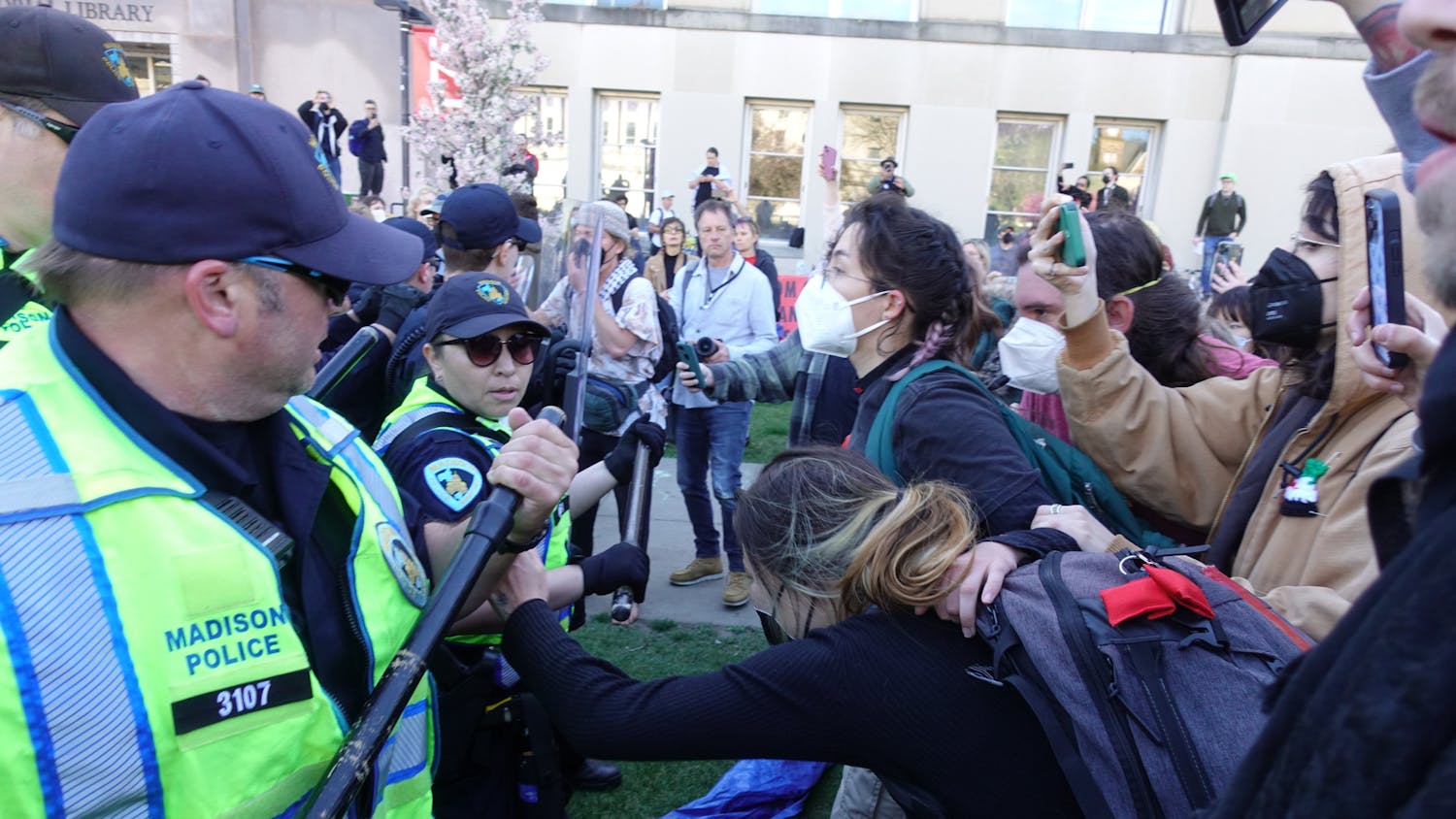The Associated Students of Madison Sustainability Committee met Wednesday to further discuss the “green fund” and the upcoming Sustainability Fair.
Last week, Student Council approved the $80,000 budget for the green fund. The green fund is compiled of grants for students with environmentally centered projects. The applicants are required to apply for the grant, where a board will review their application.The green fund’s budget will head to the Student Services Finance Committee Thursday for amendments and approval.
In order for the green fund to be implemented, bylaws must be changed, which would require a two-thirds majority vote at two consecutive Student Council meetings.
“That’s going to happen hopefully by this semester, but once that happens then we are going to get the ball rolling ... we are going to get the board started, we are going to get students involved,” Sustainability Committee Chair Will Mulhern said.
According to Mulhern, most people on Student Council are supportive of the green fund, but some still have reservations about how the money is allocated. He said the plan is to make sure all funds are distributed responsibly for student use.
The committee also discussed the Sustainability Fair and finalized the plans for the itinerary, which will include speaker Sabrina Bradshaw, a geological engineering research scientist at the University of Wisconsin-Madison. The Sustainability Fair is open to all UW-Madison students.
The Sustainability Fair will be Thursday, Nov. 14 from 5 p.m. to 7 p.m. in the Wisconsin Idea Room within the Education Building. The committee plans to send a mass email next week to further inform students of the event.
“We really want to make a strong, final push for this to go well,” Sustainability Committee Vice Chair Kevin Englebert said. “Last year we had a pretty good turnout.”
At the meeting, Sustainability Committee intern Jessica Brand said she is creating a campaign to start a service-learning requirement for environmental science and environmental studies majors. This would require students to participate in a certain number of service hours in order to receive either degree.
“It’s good for the school because Wisconsin appreciates the idea of giving back to the community,” Brand said. “It’s good for the community ... It’s good for the students because they can get hands-on experience.”





